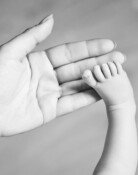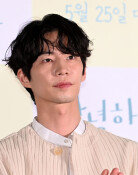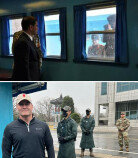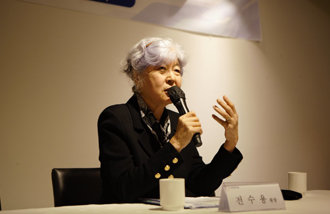Minju Party floor leader’s opposition to THAAD
Minju Party floor leader’s opposition to THAAD
Posted June. 08, 2016 07:23,
Updated June. 08, 2016 07:34
In a party meeting on Tuesday, Woo Sang-ho, floor leader of the main opposition Minju Party of Korea, said, “The Minju Party clarifies our stance once again that we have a negative view about THAAD.” Park Jeong, vice floor leader and first-term lawmaker, said, “There are concerns that by deploying THAAD, we will come to give up our diplomatic sovereignty,” adding, “If we are to deploy THAAD, we rather have to remove the foreign affairs ministry,” remarks that are blunt and reckless at best. We can hardly understand whether it is okay for the Minju Party, the majority party in the opposition-controlled National Assembly, to make remarks lightly without even taking process to collect opinions within the party about a sensitive issue that is closely related to national security.
Rep. Kim Jong-in, chairman of the party’s emergency committee, has exerted efforts to display its transition into a "party emphasizing security" by suggesting policy of reconciliation with North Korea and revision of the sunshine policy of engaging the North even before the April 13 general elections. However, Woo’s remarks opposing the deployment of THAAD constitutes breach of public trust in the Minju Party’s move to focus more on national security.
It is also worrisome that reckless comments by the Minju Party’s floor leadership at a time when the U.S. and China are fiercely confronting with each other over the deployment of THAAD on the Korean Peninsula could add momentum to China’s cause. While visiting Minju Party chairman Kim in February, Chinese Ambassador to Korea Qiu Guohong made remarks that effectively sounded like "threat," saying, “Korea-China ties could collapse instantly due to the THAAD issue.” Arrogant remarks by a mere ambassador spawned public anger in Korea, but the Minju Party did not make appeal at all. Perhaps mindful of the incident, Ambassador Qui reportedly did not mention the THAAD issue when he met Kim again on Tuesday. However, considering his remarks hoping more and frank dialogue with the Minju Party in a comfortable setting, the Chinese ambassador seems to have intention to exploit the Minju Party to push for China’s bid to block THAAD deployment.
The progressive and left-leaning group is opposed to THAAD, saying that they oppose a U.S.-led missile defense system targeting China, and that they doubt whether the missile defense system is actually effective in deterring the North’s missile offensives. It implies the party’s anti-U.S. stance. Woo’s remarks are also in line with such understanding. After all, this situation suggests that the view on national security by the mainstream faction of the Minju Party led by student activist-turned politicians and the pro-Roh Moo-hyun and pro-Moon Jae-in factions have not changed from the past.
The late former president once made remarks effectively backing Pyongyang’s stance, saying that the North’s nuclear development was a self-defensive measure. The pro-Roh faction had not accepted that the sinking of South Korean naval corvette Cheonan had been committed by the North. Rep. Moon Jae-in, former party leader who is aiming to run for presidency again, admitted in March last year that the North attacked the corvette, five years after the incident, but we have no reason to believe that his view of national security has fundamentally changed. We wonder what Moon’s official stance is to THAAD, which is supported by majority of the Korean public.
이진녕 jinnyong@donga.com
Headline News
- US: Japan will double its defense budget, and so should S. Korea
- Trump's win could present opportunities for S. Korean defense firms
- ‘Don’t expand the war in Ukraine,’ Trump tells Putin
- Korean fencing men's sabre wins World Cup team event
- Yoon who should take the lead and reinvent for the second half of his term







